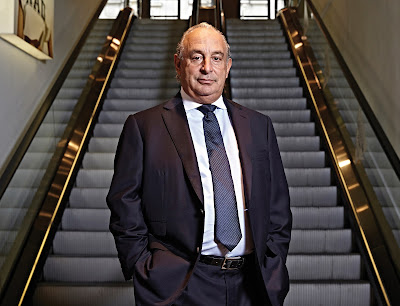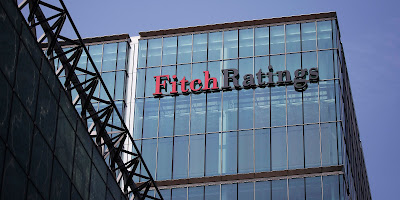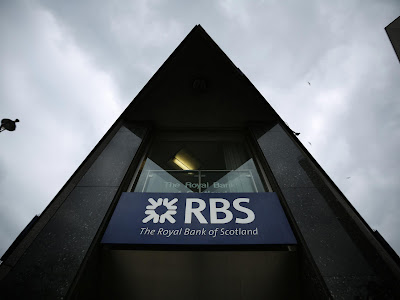Sir Philip Green and the Example He Sets: What ‘Justice’ Really Looks Like

This very short post is based on the news today that Sir Philip Green has, according to the general sentiment being displayed, delivered on his pledge to ‘sort’ the pensions crisis that had developed in the wake of the British Home Stores (BHS) collapse. In putting £363 million into a Special Purpose Vehicle , thereby allowing 19,000 employees of the failed high street giant to be put in a position, in relation to their pension, that they would have been in had BHS not collapsed, which is around 10-15% higher than they would have received if the pension-holders would have been entered into the Pension Protection Fund . Those with pensions of less than £18,000, around 9,000 of the 19,000, will be able to opt to take a lump sum and, if they choose to do so, Sir Philip Green may see up to £15 million returned to his pockets . The general sentiment of the business press today goes along the line of the following: ‘ Philip Green’s settlement… is a triumph for the regulator and for ...











